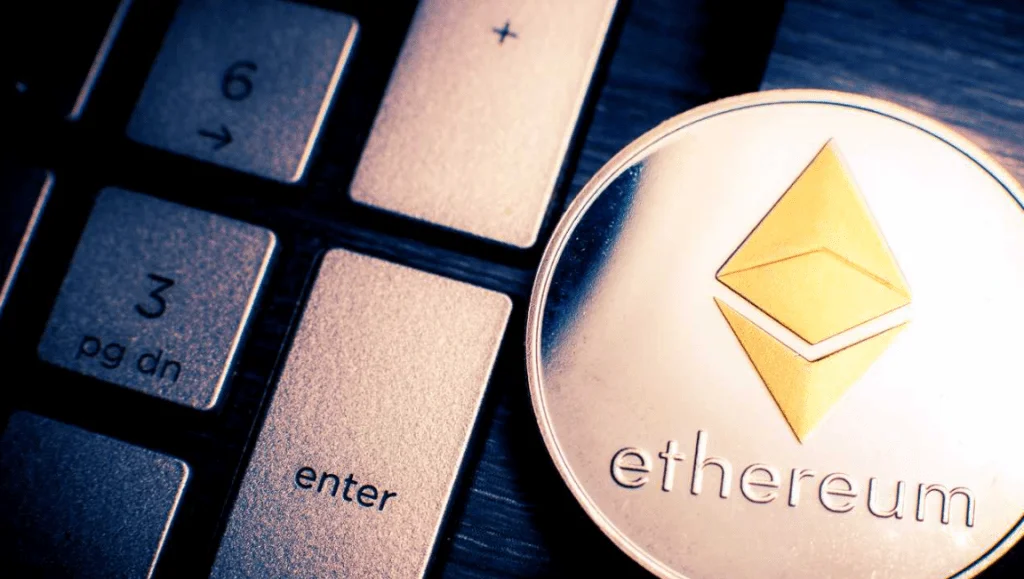Buterin proposed a decrease-cost-and-cap plan, with the goal of reducing unprecedented levels of demand on the network without risking its failure.

To reduce the overall transaction calldata gas cost on the Ethereum network, Vitalik Buterin, co-founder of Ethereum (ETH), has suggested a new restriction on the total transaction calldata in a block.
Buterin’s EIP-4488 article on the Ethereum Magicians forum raises worries about high transaction fees on Layer-1 blockchains for rollups, as well as the length of time it takes to develop and deploy data sharding:
“Hence, a short-term solution to further cut costs for rollups, and to incentivize an ecosystem-wide transition to a rollup-centric Ethereum, is desired.”
While the entrepreneur mentioned an approach in which the gas prices parameters might be reduced without introducing another block size limit, he sees a security risk in reducing the calldata gas cost from 16 to 3:
“[This] would increase the maximum block size to 10M bytes and push the Ethereum p2p networking layer to unprecedented levels of strain and risk breaking the network.”
Some think layer 2 fees on ETH are too high, because each byte of data a rollup uses cost 16 gas. To lower fees, the gas cost could be reduced to 3. This should be a large benefit, with 5x lower fees. However, in the long term, this may mean blocksize is a new network constraint pic.twitter.com/ffbTQ4zXOz
— BitMEX Research (@BitMEXResearch) November 26, 2021Buterin proposed a decrease-cost-and-cap approach to meet the goal of lowering unprecedented amounts of load on the network without breaking it, and believes that “1.5 MB will be adequate while preventing most of the security risk.” He offered the following recommendations to the Ethereum community:
“It’s worth rethinking the historical opposition to multi-dimensional resource limits and considering them as a pragmatic way to simultaneously achieve moderate scalability gains while retaining security.”
If the proposal is approved, it will need a network update, resulting in a backward-incompatible gas repricing for the Ethereum ecosystem. This upgrade will also require miners to follow a new rule that bans additional transactions from being added to a block once the overall calldata size reaches the maximum. The plan said, “A worst-case situation would be a notional long-run limit of 1,262,861 bytes every 12 sec slot, or 3.0 TB per year.”
Other possibilities, such as the establishment of a soft restriction, are being discussed by the community. Others expressed worries about congestion during nonfungible token (NFT) sales, which might force consumers to pay a higher total charge to compensate for the shortage of execution gas.
The outflow of users from the Ethereum network to lower-cost Ethereum Virtual Machine-compatible networks has resulted from rising gas prices.
According to statistics from Etherscan, authorizing a token to be exchanged on the Uniswap decentralized finance system can cost up to $50 in ETH.

isnt arbitrum supposed to be cheap lol what a joke pic.twitter.com/v839tZ4nch
— satsdart (@satsdart) November 2, 2021
